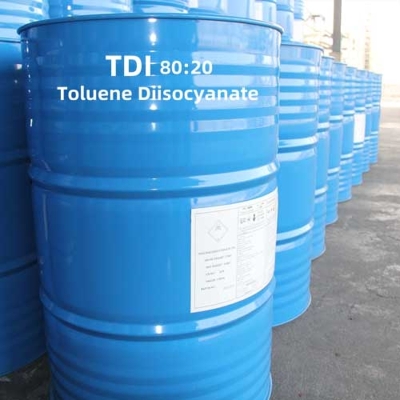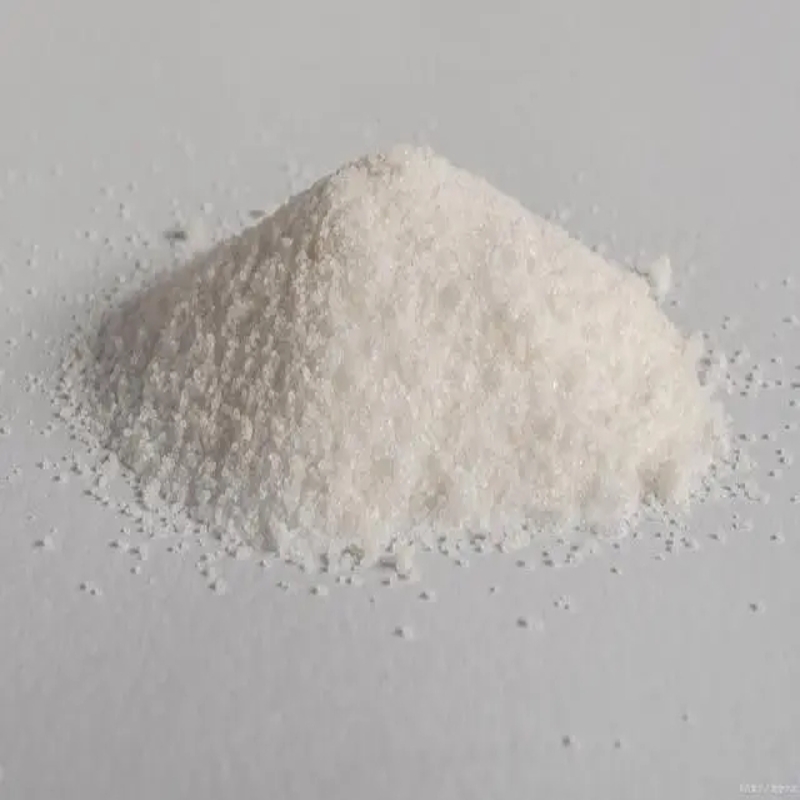-
Categories
-
Pharmaceutical Intermediates
-
Active Pharmaceutical Ingredients
-
Food Additives
- Industrial Coatings
- Agrochemicals
- Dyes and Pigments
- Surfactant
- Flavors and Fragrances
- Chemical Reagents
- Catalyst and Auxiliary
- Natural Products
- Inorganic Chemistry
-
Organic Chemistry
-
Biochemical Engineering
- Analytical Chemistry
- Cosmetic Ingredient
-
Pharmaceutical Intermediates
Promotion
ECHEMI Mall
Wholesale
Weekly Price
Exhibition
News
-
Trade Service
Engineering researchers at McMaster University in Canada are using cellulose, the organic matter in plants, bacteria, algae and trees, to build more efficient and long-lasting energy storage devices or capacitors to power electric devices
ranging from smart watches to hybrid cars.
The ultimate goal of this research is to find efficient power
for current and future environmentally friendly technologies in a sustainable way.
Cellulose has the advantage of providing high strength and flexibility for many applications, making it attractive
to nanocellulose-based materials.
Emily Creston, assistant professor of chemical engineering at the university, demonstrated an improved three-dimensional energy storage device constructed by capturing functional nanoparticles inside a nanocellulose foam wall
.
This nanocellulose shape looks like long-grained rice, but it is all nano-sized in size
.
In the new device, these "rices" are glued together to form a network structure with a lot of open space at random points, so the material is extremely light
.
It can be used to produce more sustainable capacitors
with higher power density and the ability to charge quickly than charging capacity.
In addition, lightweight and high-power density capacitors are quite attractive
for the development of hybrid and electric vehicles.
Engineering researchers at McMaster University in Canada are using cellulose, the organic matter in plants, bacteria, algae and trees, to build more efficient and long-lasting energy storage devices or capacitors to power electric devices
ranging from smart watches to hybrid cars.
The ultimate goal of this research is to find efficient power
for current and future environmentally friendly technologies in a sustainable way.
Cellulose has the advantage of providing high strength and flexibility for many applications, making it attractive
to nanocellulose-based materials.
Emily Creston, assistant professor of chemical engineering at the university, demonstrated an improved three-dimensional energy storage device constructed by capturing functional nanoparticles inside a nanocellulose foam wall
.
This nanocellulose shape looks like long-grained rice, but it is all nano-sized in size
.
In the new device, these "rices" are glued together to form a network structure with a lot of open space at random points, so the material is extremely light
.
It can be used to produce more sustainable capacitors
with higher power density and the ability to charge quickly than charging capacity.
In addition, lightweight and high-power density capacitors are quite attractive
for the development of hybrid and electric vehicles.







